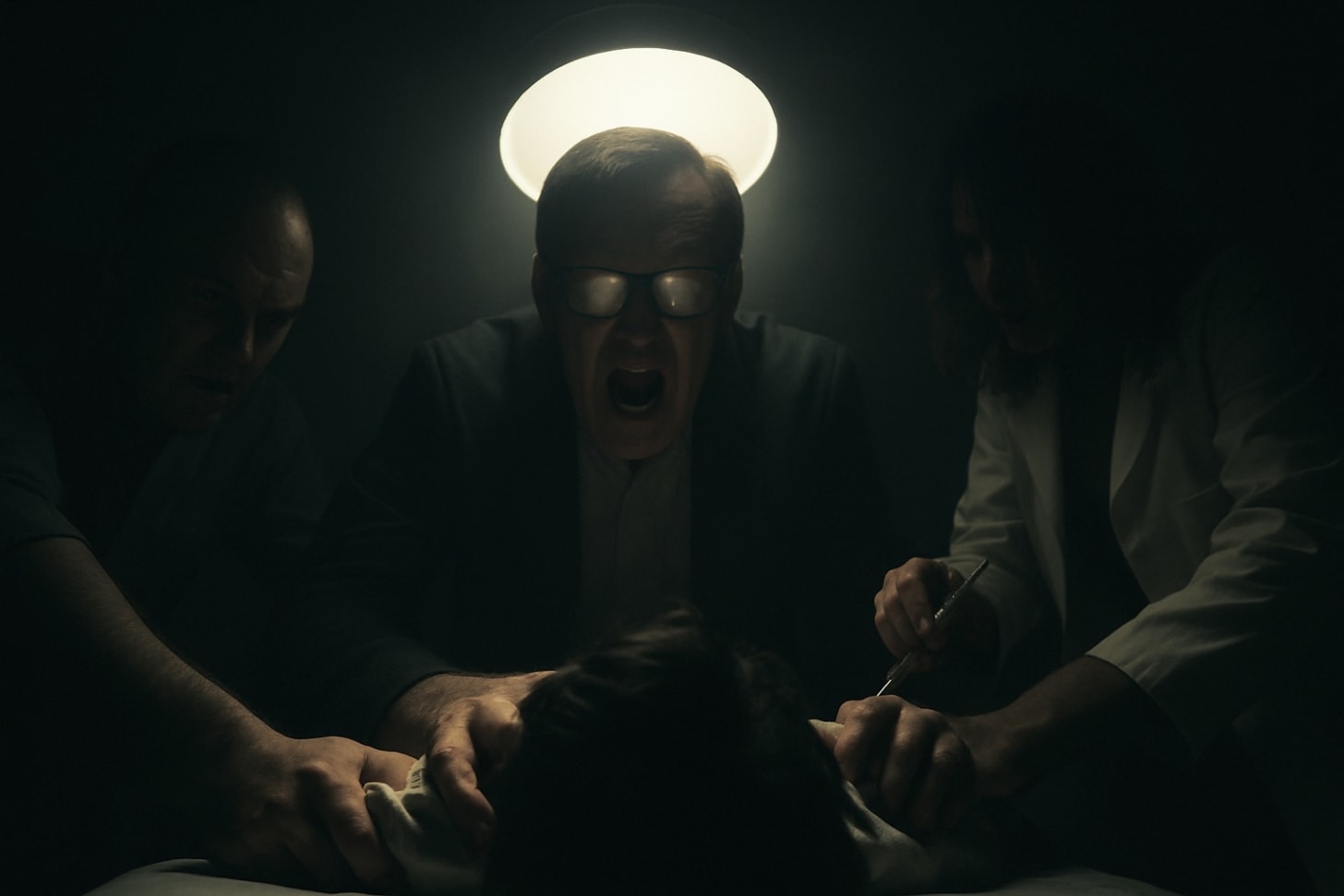A Memory of a Memory of a Memory
Why our minds aren’t filing cabinets—and why that's not a bad thing
There’s a theory that holds that every time you remember something, you're not remembering the original event. You're remembering the last time you remembered it. Like a cassette tape dubbed over too many times, each playback introduces new noise, new distortion. Sometimes the memory sharpens. Sometimes it slips away.
For years, I had this terrifying mem…



